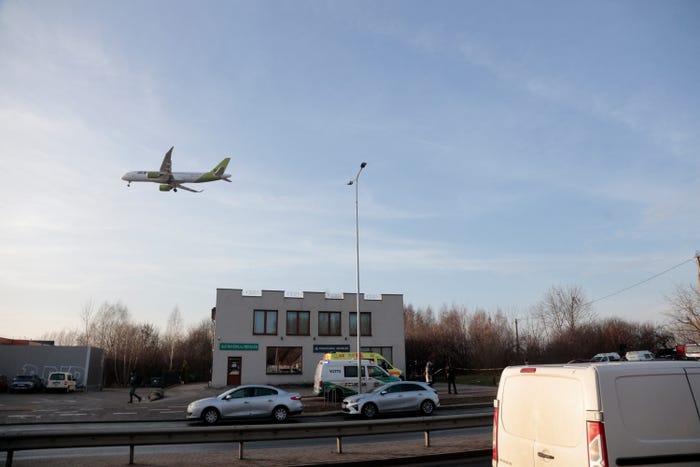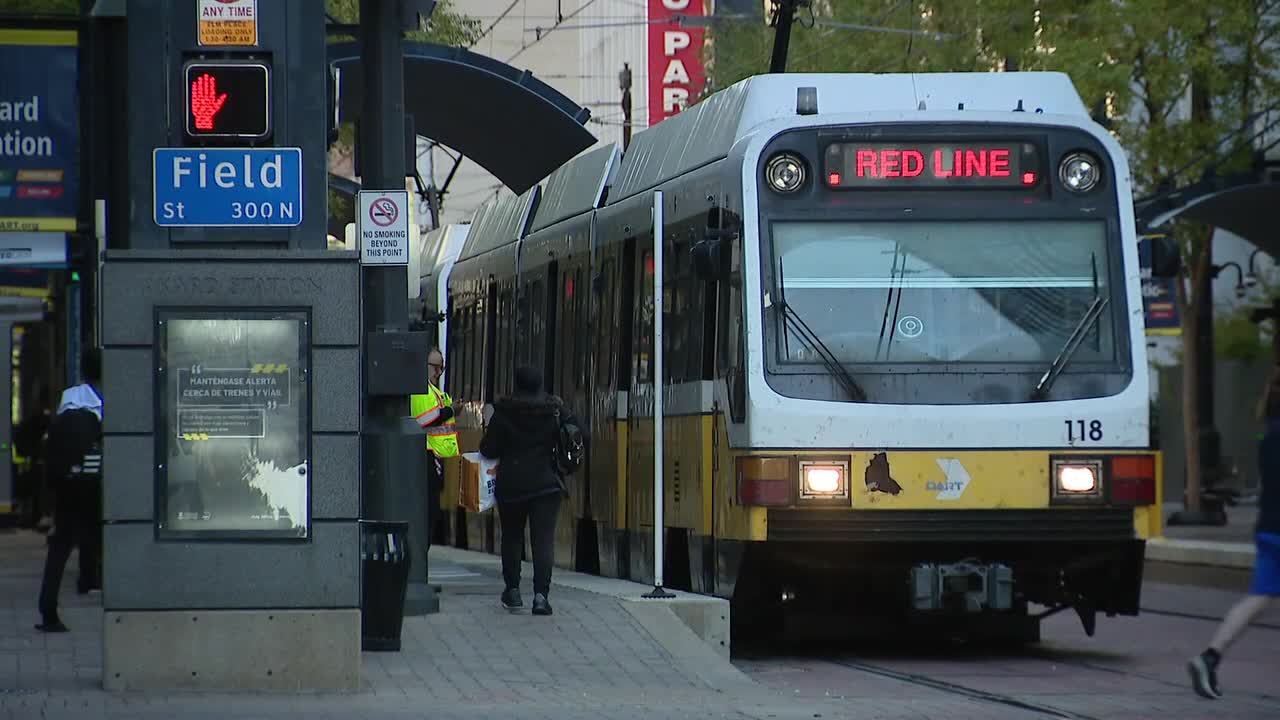BREAKING: Lithuania has shut down Vilnius Airport for the third consecutive night due to balloons entering its airspace from Belarus. The closures, starting on Sunday night, have severely impacted travel, affecting 47 flights between 9:42 p.m. and 4:30 a.m. the following morning.
Officials confirmed that the balloons, likely intended for cigarette smuggling, pose a significant threat to air safety. Lithuania’s Prime Minister Inga Ruginiene has directly blamed Belarusian President Alexander Lukashenko for allowing these incidents to escalate. In a statement, Ruginiene condemned the “large group of smuggling meteorological balloons” launched from Belarus, emphasizing the urgent need for action.
As a precaution, Lithuania is temporarily closing its borders with Belarus while the national security council convenes on Monday to discuss further measures. The situation has intensified this week, as local officials noted that earlier balloon incursions had already prompted an initial airport closure.
This latest incident is part of a troubling trend. In September 2024, Lithuanian authorities reported that over 250 balloons had crossed into their territory within a single month. The balloons are often equipped with GPS trackers and SIM cards, allowing their cargo to be monitored and potentially smuggled into the country.
Lithuania’s increasing vigilance comes amid rising tensions in the region, particularly as Baltic states report repeated airspace violations attributed to Russia. Just days ago, local officials detected “several hundred markers” in a single night, further raising alarms about security and airspace integrity.
The Lithuanian government is calling on technology firms and defense contractors to propose solutions for tracking and neutralizing these balloon threats. With over 100 arrests made this year related to air smuggling, the urgency of the situation cannot be overstated.
As NATO remains on high alert following a series of drone incursions over Poland, this balloon crisis adds another layer of complexity to European security dynamics. The press team for Lukashenko’s office has yet to respond to inquiries regarding these balloon incidents.
The repercussions of these balloon flights are significant, not just for the aviation industry, but for national security as well. As Lithuania grapples with these threats, the international community watches closely, awaiting further developments.
Stay tuned for updates as the situation evolves.







